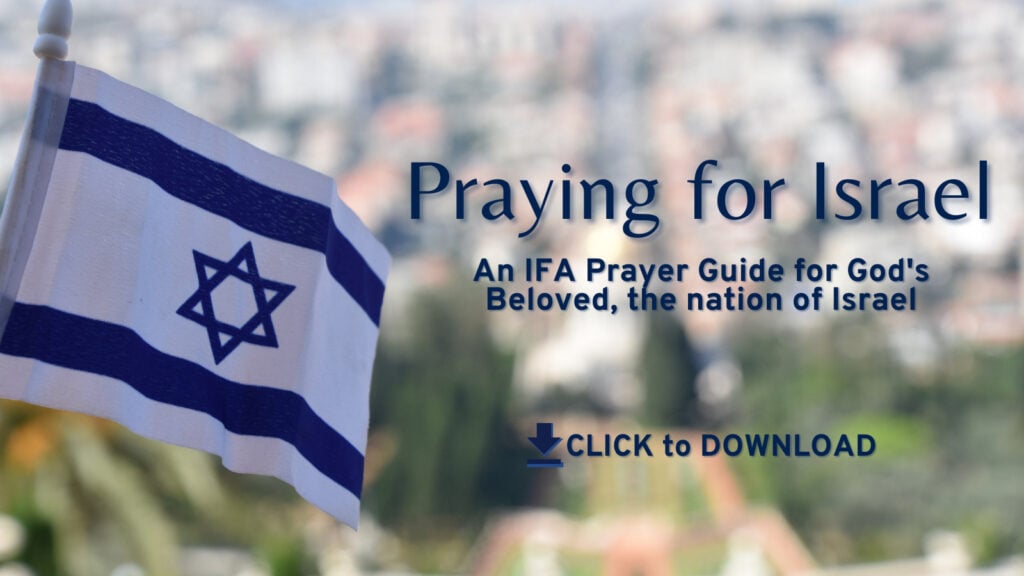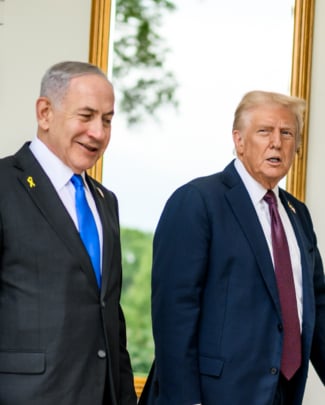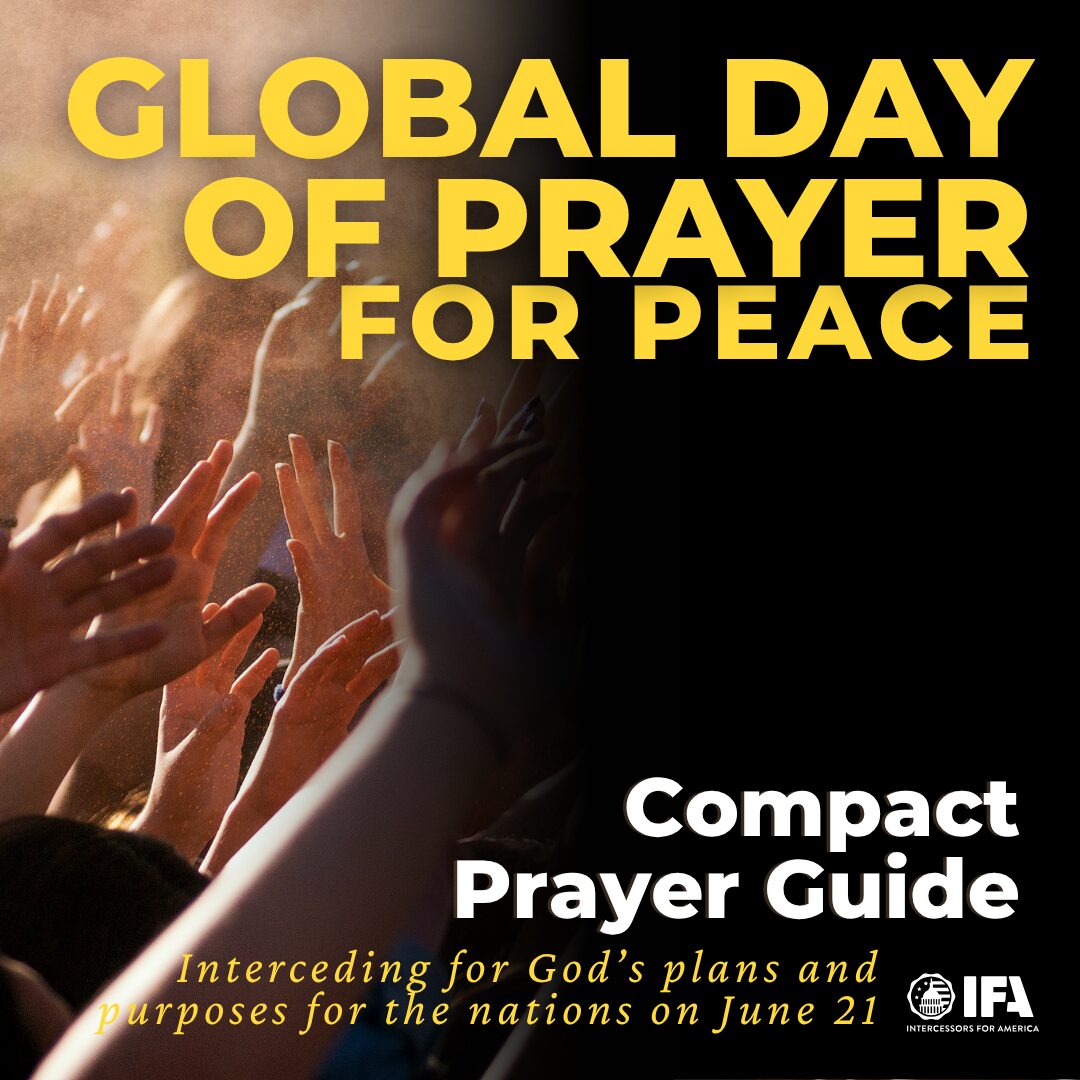Palestinian and Israeli Christians Are Struggling
Palestinian and Israeli Christians Are Struggling
As war rages in the Gaza strip and elsewhere in the Middle East, Christians in the holy land are facing new and complex struggles.
From Fox News. The escalating conflict between Israel and the Palestinian territories often brings focus on the tensions between Judaism and Islam, the two majority religions in the region.
Post a prayer for your state!
However, the ongoing war and its sociopolitical ramifications threaten to further smother the already dwindling Christian presence on both sides of a broken Holy Land.
Fox News Digital traveled across Israel and the Palestinian territories to speak with Christian leaders who are fighting to keep the faith alive in the face of political, financial and violent threats to its very existence.
Christians of all denominations together make up only 2% of the entire population in Israel and the Palestinian territories. …
If one superimposes modern geopolitical borders over a map showing the route Jesus Christ took throughout the Biblical narrative, it shows that the messiah’s birth, ministry, death and resurrection are not confined to either Israel or the Palestinian territories.
While Christians in the Holy Land may have Israeli or Palestinian passports, their faith does not align itself exclusively with either country. Nor is either country particularly sympathetic to the Christian mission of evangelization and custody of sacred sites within their borders.
Priests and lay leaders in the Catholic Church – the largest denomination in the Holy Land – are not uniform in their thoughts about the conflict and the path forward for their church. But it’s universally understood that the current situation cannot continue for much longer without severe harm to Christian witnesses in the land where Jesus walked.
‘Into the deep’
Eamon Kelly, an Irish priest in the Legionnaires of Christ, is the vice director of the Magdala Hotel, a lodging for pilgrims built on the banks of the Sea of Galilee. …
Since the Oct. 7 massacre committed by Hamas last year, the Magdala Hotel has been housing Israeli families displaced by the carnage. Providing shelter for victims of the conflict has given Kelly a wider perspective on the Christian mission in the Holy Land, one that goes beyond dissecting demographics and institutions.
“Usually the narratives focus on the heart of a certain group, a certain subsection of humanity under a particular category,” Kelly told Fox News Digital. “And what happens actually in Magdala, before anything religious happens, is the appeal to the human dignity as such, that we are all made in the image and likeness of the Almighty.”
The massacre and the subsequent retaliation from the Israeli government dashed long-growing hopes that radicalism and terrorist occupation of entire swaths of Palestinian territory was slowly being tempered and brought under control. …
The Irish priest, who has described himself as “only a teenager in the Holy Land” after living there for 17 years, does not pretend that peace and goodwill is going to manifest overnight between Israelis and Palestinians, much less between the Israeli government and the terrorist group Hamas.
But Kelly suggests that Christians are differentiated from activists for “national goals” because they don’t care about “desires and ambitions” for specific political change but instead a unique witness to universal dignity. …
Kelly draws sacred inspiration from the Biblical narrative of Jesus approaching St. Peter (then named Simon) on the banks of the Sea of Galilee, urging him to “go out into the deep” before the miraculous manifestation of countless fish.
The “deep” that Kelly is urging people to plunge into is not water but a vicious emotional turmoil that tests the human capacity for mercy and forgiveness despite cynical criticism that such reconciliations are impossible.
“It is a major defining theme of Christianity. And the question that I personally find myself asking is: ‘Can we demand people to be merciful? Can we expect people [to be] merciful?’ Well, I think we could,” Kelly said. “When we are looking at Christians, we should expect Christians as part of our identity to have this part in our thoughts and our interactions.”
Choosing sides
Not all Christians are apolitical; some actively seek cooperation with national governments as protectors from what they perceive as much worse alternatives.
Shadi Khalloul is an Israeli citizen of Lebanese heritage also living near the Sea of Galilee.
As the president and founder of the Aram Christian Galilee Center, he has long advocated for Christian communities to embrace assimilation into Israeli society as a means of sustainable growth and safety. …
As the class dissected the words of Jesus in the original Aramaic, a professor referred to it as a “dead language.” This statement deeply upset Khalloul, as his Maronite Catholic Church still worships in Aramaic and sometimes uses it in day-to-day life.
This experience led him to dedicate his life to ensuring his Aramaic-speaking Maronite community would not only continue to exist but thrive and grow.
For Khalloul, that means embracing Israeli nationalism and the protections a first-world democratic country can provide. …
Khalloul is hawkish on ending the conflict and is an outspoken advocate for imposing Western ideologies onto the Islamic world. …
Many individual Christians are proud citizens of Israel and even serve in the nation’s armed forces. This is the relationship that Khalloul wants to foster. To him, service in the Israel Defense Forces is a key method of integration for Christians.
However, Israel’s overarching relationship with its Christian demographics and their leadership is currently far from collaborative.
The price of doing business
Multiple Israeli municipalities initiated tax proceedings against Christian churches this week, outraging religious prelates who called it a “coordinated attack.”
The municipalities of Jerusalem, Nazareth, Tel Aviv and Ramla are reportedly demanding decades-worth of alleged back taxes from Catholic, Orthodox and Coptic church leaders and seeking to end long-established exemptions for Christian real estate holdings that are not directly used for worship.
Christian prelates argue that churches’ commercial and real estate holdings are used to provide health care, education, housing and other resources to underprivileged communities.
The heads of the Catholic, Greek Orthodox and Armenian Orthodox churches in the Holy Land wrote a letter in response to these demands, accusing the Israeli government of attempting to push Christians out of the Holy Land. …
Praying for enemies
Less than 30 minutes from Jerusalem, separated by a security checkpoint and miles of concrete walls, sits Bethlehem, the birthplace of Jesus Christ.
Approximately 11% of the city’s population is Christian, the highest in the Holy Land. But hat statistic is plummeting, down from over 85% in 1947.
Bethlehem is home to one of the most sacred locations in all of Christianity: the Church of the Nativity, which was built to mark the spot where Jesus is believed to have entered the world.
It was constructed in the 4th century by Helena, the mother of Constantine the Great. It is currently in the shared custody of the Greek Orthodox, Catholic and Armenian Orthodox churches.
The church and the city’s religious significance once made Bethlehem a thriving tourist and pilgrimage destination for Christians from around the world. The town has seen a near total collapse of the industry since the latest conflict between Israel and Hamas began in the Gaza Strip. Having just begun to recover from the coronavirus pandemic shutdowns, this stagnation is like a death sentence for the community. …
Rami Asakrieh is a Franciscan friar in Bethlehem who serves Catholics at the Church of the Nativity. He has seen firsthand the widespread anguish overtaking the West Bank and his city in particular.
“If you lose the Christian community, or if the good people emigrate because of this instability – politically and economically – this means that we will lose a good part, an important part, of the identity of the holy places,” Rami told Fox News Digital. “Because the holy places need the people who live here who are animated with their prayers, with their activities, with their pastoral activities, with their presence and with their effort to the society to keep it to having Christian charity.” …
Share your prayers for the Christians in the holy land in the comments below.
(Excerpt from Fox News. Photo Credit: Jonny Gios on Unsplash)
Partner with Us
Intercessors for America is the trusted resource for millions of people across the United States committed to praying for our nation. If you have benefited from IFA's resources and community, please consider joining us as a monthly support partner. As a 501(c)3 organization, it's through your support that all this possible.


We use cookies to ensure that we give you the best experience on our website. If you continue to use this site we will assume that you are happy with it. Privacy Policy





Comments
Thank you for this report. I pray for protection for the Christians and that the Jewish Community would see them as friends, not enemies.